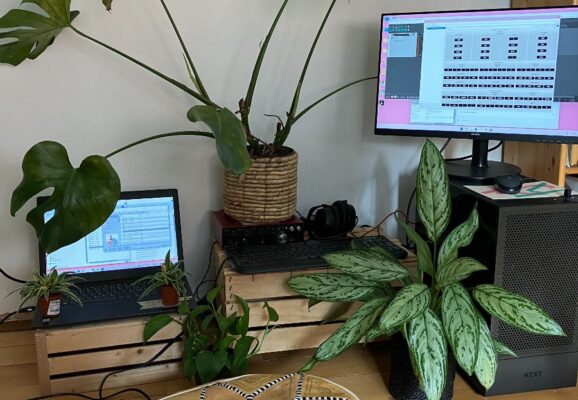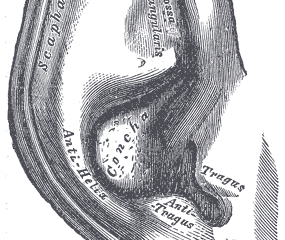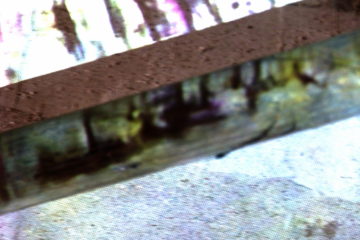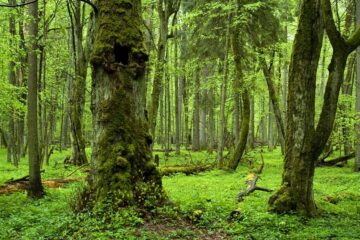In dieser Folge von Kopfkino stellen wir Waste Kompost Radio vor, ein algorithmisches, partizipatives Klangkunstprojekt. Waste Kompost Radio ist eine Zusammenarbeit mehrerer Radiokünstler:innen und Klangkünstler:innen, die sich folgende Fragen stellen: Was passiert wenn wir Klänge archivieren oder löschen? Gibt es “Klangmüll”? Wie klingt es wenn digital gespeicherte Klänge verwesen, sich zersetzen? Waste Kompost Radio lädt Menschen ein, nicht mehr benötigte Soundaufnahmen und Klangschnipsel einzusenden, die dann in einen Kompost-Algorithmus gefüttert werden. Aber was ist das Endprodukt – das Unhörbare, oder Futter für Neues? Das können alle Zuhörenden selber herausfinden. Der “Zerfallsprozess” ist ein Stream, der online live verfolgt werden kann. Im Kopfkino hören wir heute einen Ausschnitt, aufgezeichnet im Jänner 2024.
Zum Projekt:
https://www.wastekompostradio.com/
Der Kompost-Algorithmus wurde von Dario Sanfilippo und Luca Spanedda programmiert, der Code ist öffentlich auf github zu finden:
https://github.com/WKRadio/Waste_Kompost_Radio
Das Manifest von Waste Kompost Radio:
We are living in the age of waste, called the Wastocene.
Waste culture has unlearnt to reuse waste or to envisage a production where nothing has to be discarded. We prefer to relegate waste to non-visible hiding places, we use the margins as a receptacle for the unseen rather than enhancing them as a place of wealth, of proliferation of diversity.
Recycling, use and reuse have always been part of our production processes until a reversal of trend occurred and a process of separation between the used and the new began.
The challenge is to be able to reverse this process, to develop an ecology of gestures that reintroduces, into our actions, respect for a material whose ontology lies in its transformation and not in its rejection.
Today, listening facilities such as radios, streaming services and social networks are defined by algorithms. They discard what doesn’t correspond to the users’ tastes.
Recovering an attitude towards the valorization of waste, rewriting our relationship with matter, with materials, with living beings and thus redesigning our possibilities in the cohabitation of the world. All this belongs to our culture, both material and social, but also acoustic.
Our acoustic “education” orients us towards the “clean” sound, the perfect sound, the infallible sound, the known sound, and consequently towards the elimination of “sound rejects” from the listening landscape.
To listen to the unlistenable, to move towards a culture that involves processes of reuse, where waste is valued and produces abundance, WKR was born.
Moderation: Margarethe Maierhofer-Lischka
















